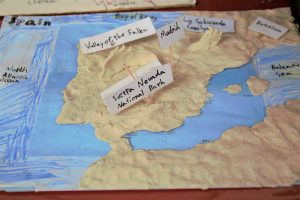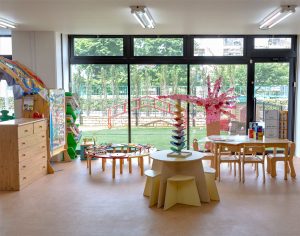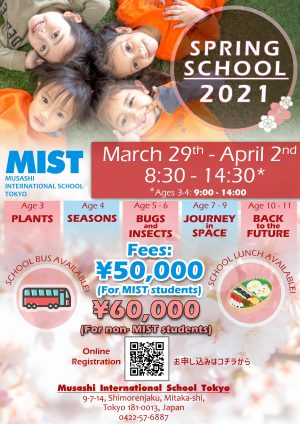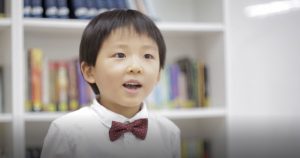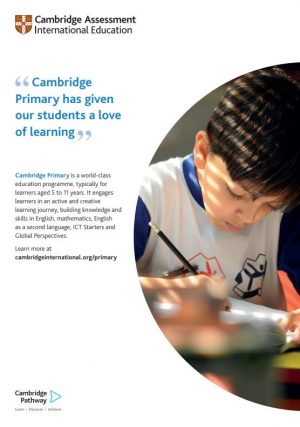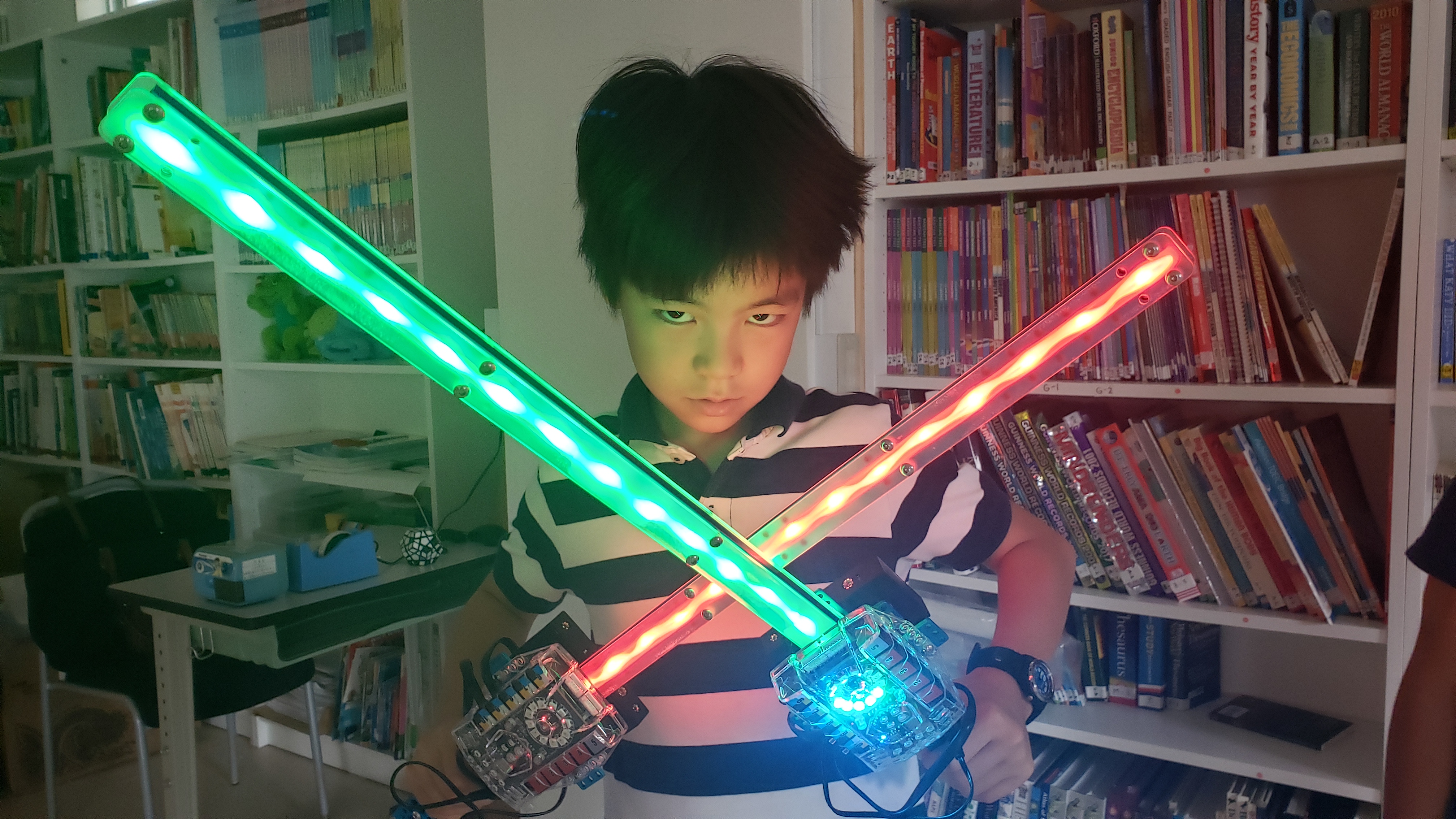
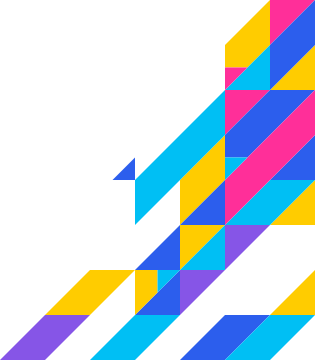
News
18 September 2020Efficient and Elegant--ICT education at LAIS
(日本語記事はこちら。Read this article in Japanese.)
Written by: Gabe (KG-ES Computer Science teacher)
January 6, 2000, I was in my second grade IT class. We had just begun to learn how to code in C. My teacher turned to our class and asked “Why are we studying computer science or how to use computers”. My classmates and I gave many answers, none that he was looking for. He told us “You are learning computer science to help solve the problems of other people. You are learning computer science so that you can create wondrous things. You are learning computer science so that you can see the world in another lens.” Those words stuck with me, one because my teacher had a very booming voice, and two because I just finished making a star that changed to every possible color and rotated forever and was super excited to show it to my best friend Jake who was busy counting his Pokemon cards that time.
Computer Science is a very interesting subject, but often parents ask why Computer Science and not ICT(information communication technology). To that, I always say “think of computer science as the houses that you live in while ICT is the electric cabling outside. If we focus on connecting houses without actually having houses to connect then you are just wasting your time.”
ICT programs and curriculums for elementary schools tend to focus on having students competent in using software like Word, PowerPoint, and Excel. But let’s all be honest, these days those are just things that anyone can self-teach by watching a few YouTube videos. LAIS, under our head of school Edward Gilbreath, has allowed me and my MS-HS counterpart, Shannon, to move away from this older idea and toward something far more enriching.

Imagine this, instead of having children making PowerPoints for their science class reports, our students make websites that are interactive and more informative than any PowerPoint can be. Students being able to take part in important conversations in the society they live in and being able to educate others because they see the things that they learned in school as solutions.
Imagine students creating a giant robotic arm for an arm-wrestling contest for the school fair. Instead of hand drawing circles, students creating their own devices with the use of simple gears and motors to draw perfect isometric drawings.
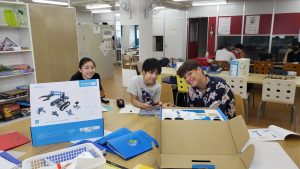
Imagine children at a very early age learning how to manipulate devices and how to design simple but meaningful thank you cards for their parents.
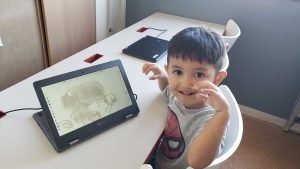
Studying Computer Science develops a student’s ability to think like a computer scientist. Pupils will gain a portfolio of mental tools called 'computational thinking', including the ability to look for abstraction, algorithmic solutions, patterns, and ways of decomposing problems. Ultimately a desire to find efficient and elegant solutions. These are skills rarely taught elsewhere in any curriculum.
For those curious here is a very brief overview of some of the things we do. (Note only the introductory courses for each level have been marked here.)
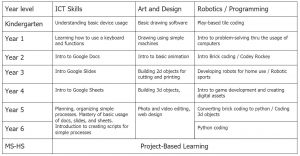
For our MS-HS classes, we have switched to a project-based system as we want our students to be able to undertake long term projects with the help of all of our MS-HS staff while each developing speciality in different aspects of computer science. Under the leadership of our MS-HS Coordinator Stelios Prezerakos, our students are exposed not only to hardware and software but to related skills such as Photography, Videography, Web-design, Digital Marketing, Coding, and more.
Here at LAIS, we know that not all of our students will be computer scientists or developers. Our goal is to create a future of technically literate politicians, entrepreneurs, teachers, doctors, musicians, artists, and managers.
Systems start from humble beginnings; children need to be able to explore new things so that they can become well versed in multiple aspects of life. At LAIS we strive to grow adults who solve problems and don’t wait for solutions.
We want our children to understand how technology has developed and to appreciate the visionaries who made it possible. By understanding how computer science has evolved we hope the children will be able to contemplate how it will continue to evolve and be better prepared to adapt alongside it and contribute to the growth of it.


